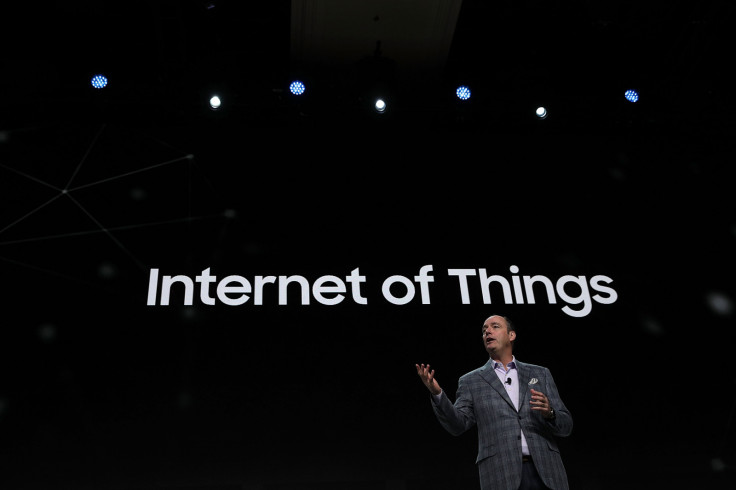LG AI claims to predict appliance malfunction beforehand
The company's "proactive" artificial intelligence will predict problems in appliances before they happen.
LG had stated at CES earlier this year, that it will use artificial intelligence (AI) to "improve customer care." On Thursday, the company announced that it will use AI to predict problems in appliances in advance.
The company has introduced a new "Proactive" customer care program, which will be launched first in Europe and then in North America and Asia.
"LG Proactive Customer Care is a new paradigm in customer service, one that ensures greater value and peace of mind for owners of our smart home appliances. We will continue to develop innovative smart home solutions for the European market and deliver new ways to enhance convenience for LG appliance owners," Song Dae-hyun, president of LG Electronics Home Appliance & Air Solution Company, stated in the company's official press release.
The AI will not only provide customers advance information of malfunction but also provide them helpful tips on maximizing their devices' performance and life.
The AI will be embedded in the company's ThinQ app and will continuously monitor the devices by syncing with them over Wi-Fi. AI, the company says, will also take care of the installation of devices. It will book technician visits in advance. It will check whether devices are installed properly and are operating optimally.
Most importantly, it will monitor the regular functionality of devices. For example, it will monitor temperature and energy changes in a freezer. It will alarm the user if the freezer goes below or above a certain temperature.
The service seems mostly aimed at larger appliances such as TVs, washing machines and refrigerators rather than smaller ones such as smartphones and speakers.
What the company hasn't revealed is how or if it will work with older devices. As of now, it appears that the AI will be pre-installed on new devices. Another side of the issue is privacy and security implications. The more AI is embedded into devices, the more chances there are of monitoring the user and even of devices being hacked. It will need a huge tranche of information to function. It remains to be seen whether it passes through Europe's GDPR norms.

© Copyright IBTimes 2025. All rights reserved.





















